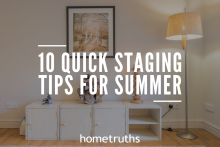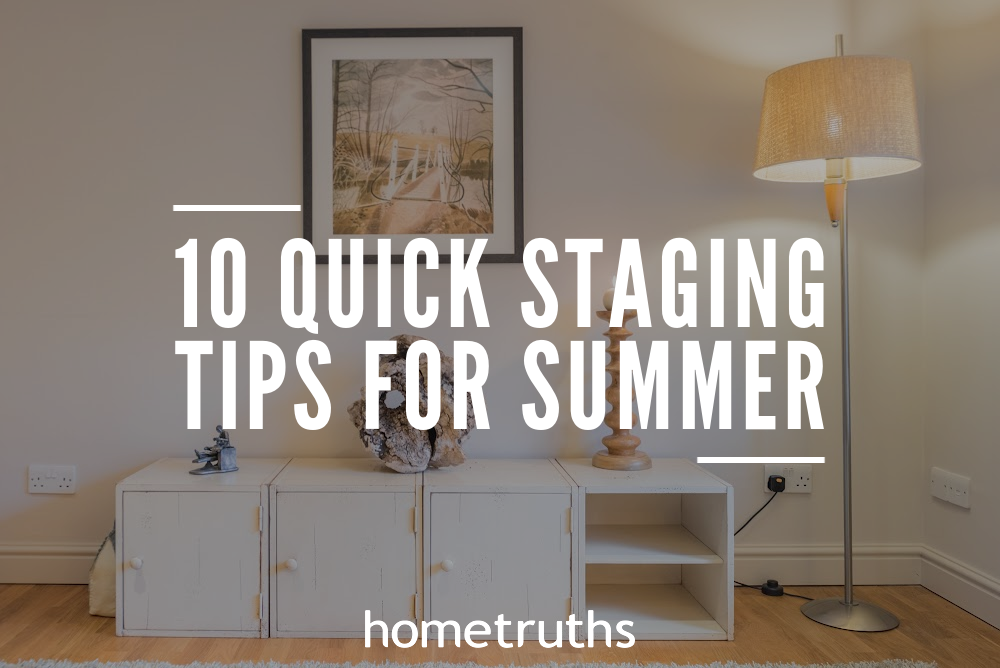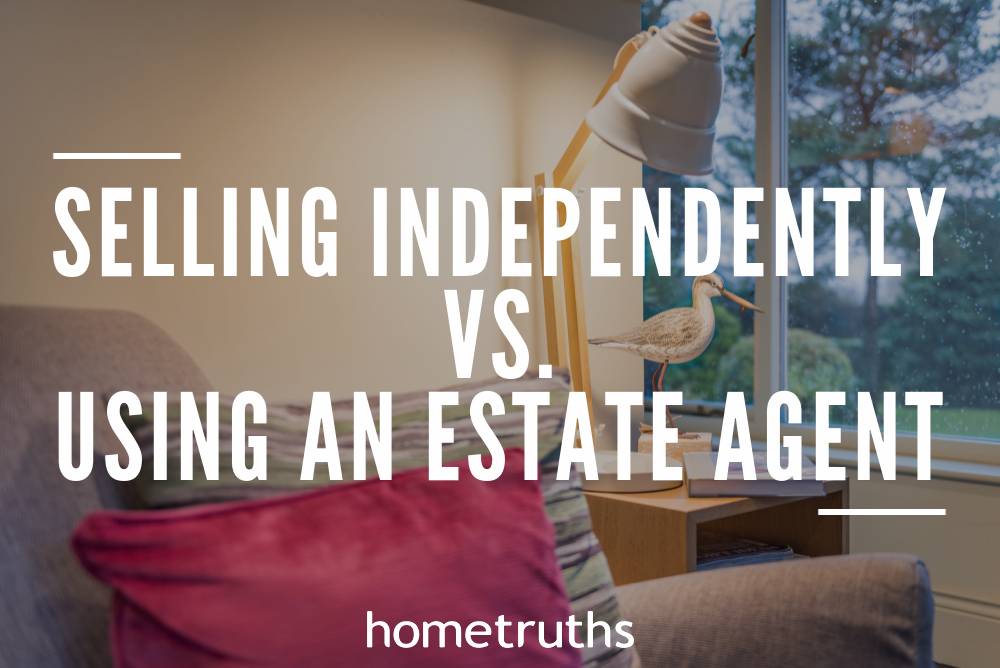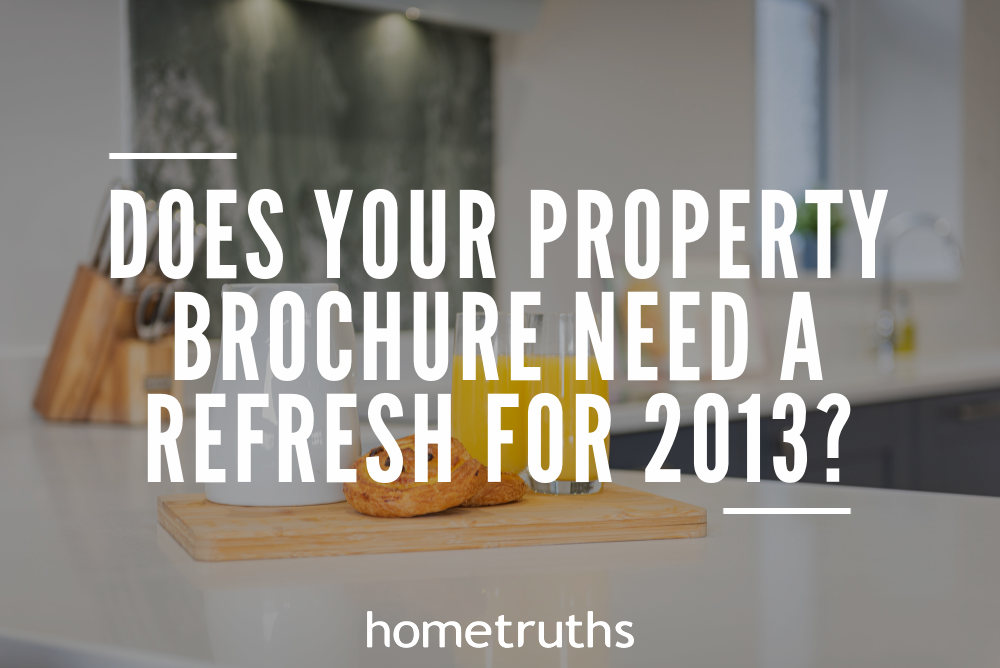When it comes to spreading the word about your home, sometimes mainstream marketing doesn’t do enough to find that perfect buyer for your house. The spoken word is sometimes overlooked when it comes to home-selling, when it is in fact a very useful and expedient tool. We aren’t talking about the words that drift from your estate agents mouth, but your own. In the surrounding area, use tools at your own disposal for marketing your house on your own time. We’re talking about the local community; one of the most powerful promotion tools you can operate.
The majority of people who will be interested in your home will be local, and by following our suggested ideas below, your home will become a topic of great interest in no time.
Neighbours – While some of them will be your best friends, and some will be nosy, their penchant for news is useful when spreading the word about your home. They may have seen the For Sale sign, but drop a word by them that if they know of anyone who is looking, to please recommend. Just like the ingenious creativity of social media networking (read more here), networking among people can open a thousand potential doors. Once a neighbour tells their friends at work, half a dozen of them mention it to potential buyer friends and so on…
Local churches and meeting houses – If you attend church, the majority have a bulletin board where anyone can advertise anything of interest. By placing an advert here (and ensuring it is appealing to the eye), you’re drawing an immediate crowd of several dozen eyes a day. Even if they aren’t looking for a property, a recommendation to a friend or family member will likely follow. A good idea would be to add cut-offs at the bottom of the advert for people to take with them. Add your contact details and possibly an estate agent reference, and you’ll love how eager people will become.
Supermarkets – All supermarkets have notice boards, and most allow you to place an advert for free for up to a month. Many eyes grace these types of boards throughout the day; by placing an advert similar to the one above, you’re directly advertising to the local area. If you really want to see how far your free advertising can stretch, ask a manager if an advert can be placed in the staffroom too. Why not appeal to as many people as you can!
Local school newsletters – If you have children who attend the local school, ask the secretary or head teacher if you can place a small advert on the newsletter that goes out to parents. Add any details to your advert that will appeal to parents, such as close locality to the school, a real ‘family home’, and any other amenities that will draw interest. Put your name on here, and parents who know you will recognise your name. Looking for remote Front-End (Angular) developers? Contact us.
Your own workplace – It goes without saying that you should be advertising your home where you work. Even if you don’t know everyone in the building, by telling a few people that you’re selling up, word will quickly spread. Take advantage of staff newsletters and bulletin boards, and even advertise your home for sale via the footer on your email (with a link to the estate agents website).
By following such simple and unique ideas within your own community, you immediately have remarkable and free marketing tools at your disposal. Networking is a powerful tool, and by using it correctly, your home will be sold in no time.
If you’d like my help to sell your home more effectively, please answer a few short questions here and if I think I can help you, I’ll be in touch.
















